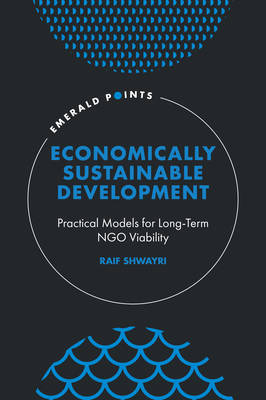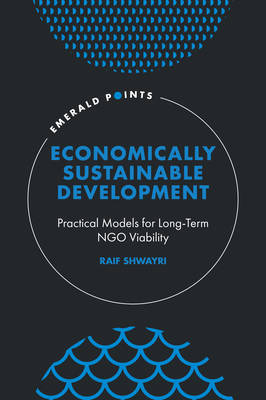
- Afhalen na 1 uur in een winkel met voorraad
- Gratis thuislevering in België vanaf € 30
- Ruim aanbod met 7 miljoen producten
- Afhalen na 1 uur in een winkel met voorraad
- Gratis thuislevering in België vanaf € 30
- Ruim aanbod met 7 miljoen producten
Zoeken
€ 104,95
+ 209 punten
Omschrijving
Development projects, nearly always all hope and optimism at their inception, have often failed to maintain their impetus and impact in the long run. This is usually because they have failed from the outset to account for how imbalances of power, legacies of colonialism and global wealth inequalities can hamper their staying power. These hurdles have only become greater in the wake of Covid-19.
Drawing on over twenty-seven years of experience on both the front lines and the corporate and business sides of international development, Raif Shwayri offers practical models for navigating the major structural and strategic problems currently facing the workers and organizations who strive to make significant, long-lasting changes in developing countries. Shwayri's new models emerge from his unique insights into the limitations of common approaches to structuring and monitoring initiatives, and they emphasize the crucial importance of vocational education, collaboration with business, and higher education and research for keeping an organization fresh and focussed.
For its combination of industry-level analysis with insights gained from a wealth of personal professional experience, Economically Sustainable Development is a must-read not only for researchers in international development, but also for policymakers and practitioners struggling to come to terms with the state of an industry in a time of global economic crisis.
Drawing on over twenty-seven years of experience on both the front lines and the corporate and business sides of international development, Raif Shwayri offers practical models for navigating the major structural and strategic problems currently facing the workers and organizations who strive to make significant, long-lasting changes in developing countries. Shwayri's new models emerge from his unique insights into the limitations of common approaches to structuring and monitoring initiatives, and they emphasize the crucial importance of vocational education, collaboration with business, and higher education and research for keeping an organization fresh and focussed.
For its combination of industry-level analysis with insights gained from a wealth of personal professional experience, Economically Sustainable Development is a must-read not only for researchers in international development, but also for policymakers and practitioners struggling to come to terms with the state of an industry in a time of global economic crisis.
Specificaties
Betrokkenen
- Auteur(s):
- Uitgeverij:
Inhoud
- Aantal bladzijden:
- 96
- Taal:
- Engels
- Reeks:
Eigenschappen
- Productcode (EAN):
- 9781800437753
- Verschijningsdatum:
- 11/01/2021
- Uitvoering:
- Hardcover
- Formaat:
- Genaaid
- Afmetingen:
- 155 mm x 231 mm
- Gewicht:
- 258 g

Alleen bij Standaard Boekhandel
+ 209 punten op je klantenkaart van Standaard Boekhandel
Beoordelingen
We publiceren alleen reviews die voldoen aan de voorwaarden voor reviews. Bekijk onze voorwaarden voor reviews.








